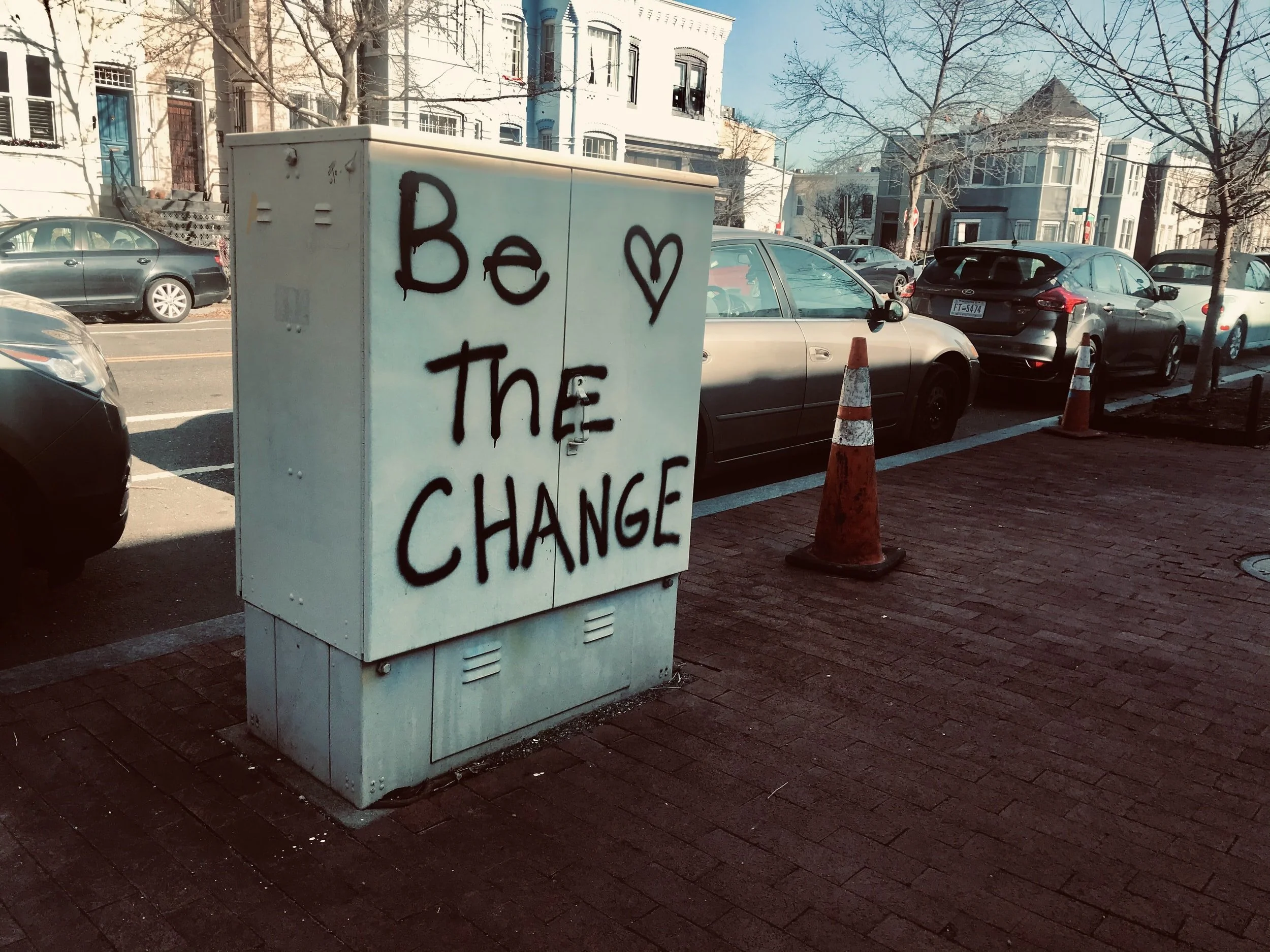
Prevalent models of clinical care have reached the patients they are going to reach.
Now is the time for a new paradigm of care to focus on those we are not successfully engaging in care.
Maxed out. . .
Current models of clinical care have reached the patients that they are going to reach. While we are incrementally making progress toward National HIV AIDS Strategy goals, we are not paying enough attention to those we are failing to engage in care. It’s time to realize that there are marginalized people whose lives do not conform to the structures imposed by prevalent approaches to care. It’s time to focus on reaching, welcoming, and empowering the people our structures are leaving behind.
Recognize the Fishbowl . . .
As clinicians, we are taught to solve problems. We excel at identifying, diagnosing, and treating physical illness at the individual level. While clinical education is shifting, this focus on the individual and their disease has traditionally been the domain of the clinician. It’s time we realize that the environment in which we all live has profound impacts on our patients’ lives. It’s a truism that “the zip code is more important than the genetic code.” We need to expand our vision of clinical care to focus on what we can do to provide our patients with the tools they need to live better lives in a toxic environment. A powerful analogy I use when lecturing may help drive home this point - Let’s stop treating patients like fish and recognize that we all live in fishbowls, and that the fishbowl has to be maintained or the lives of the fish are at risk.
Build on Success . . .
Approaches to care need to change, but there’s no need to fear. The kinds of change that I have successfully led have focused on scalable solutions that maximize existing clinical resources rather than starting from scratch or ignoring the successes that have brought us to this point. We have done well. It’s time to roll up our sleeves, open our hearts and our imaginations and introduce creative changes to focus on the needs of those we are failing to reach with existing approaches to care.


